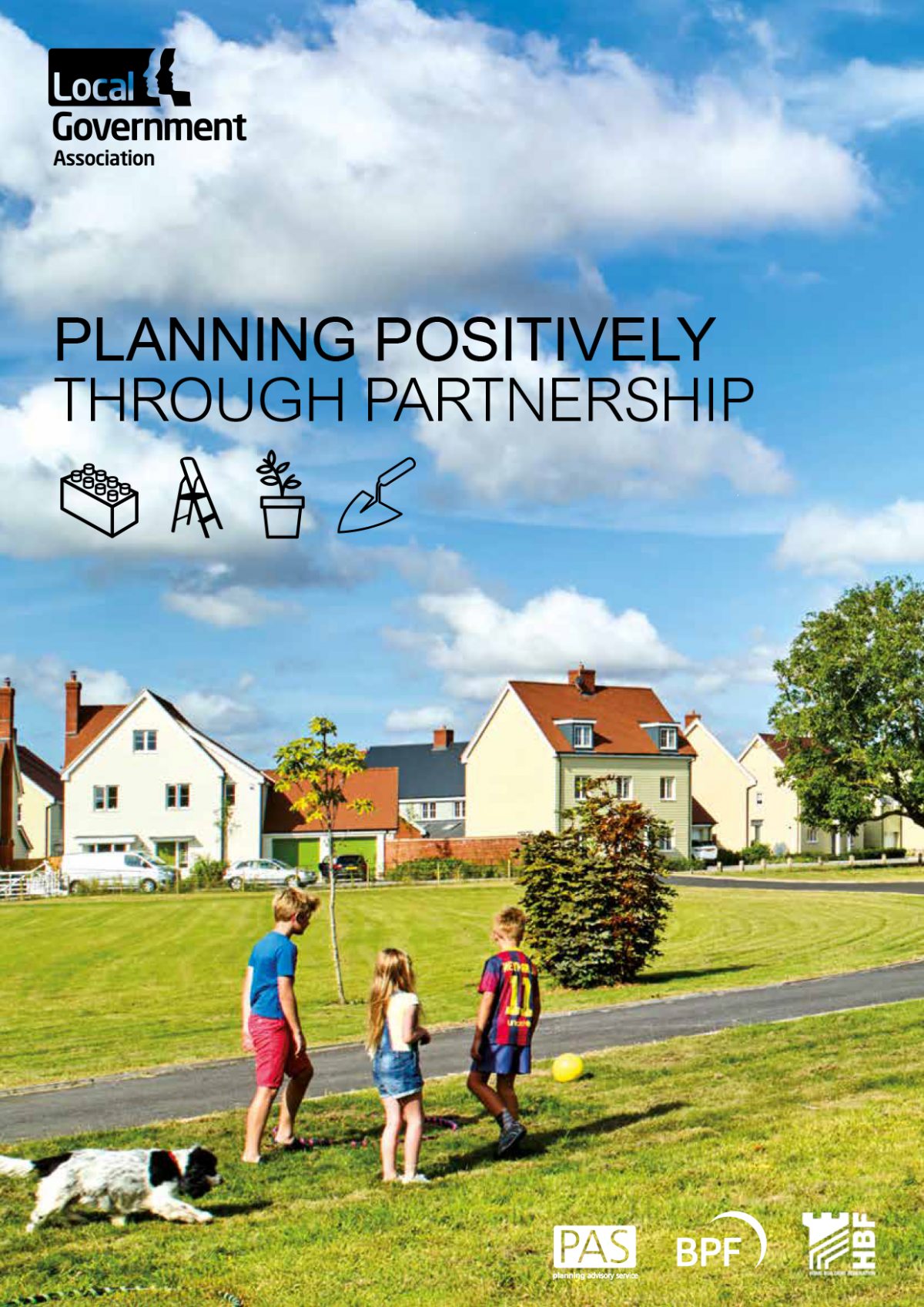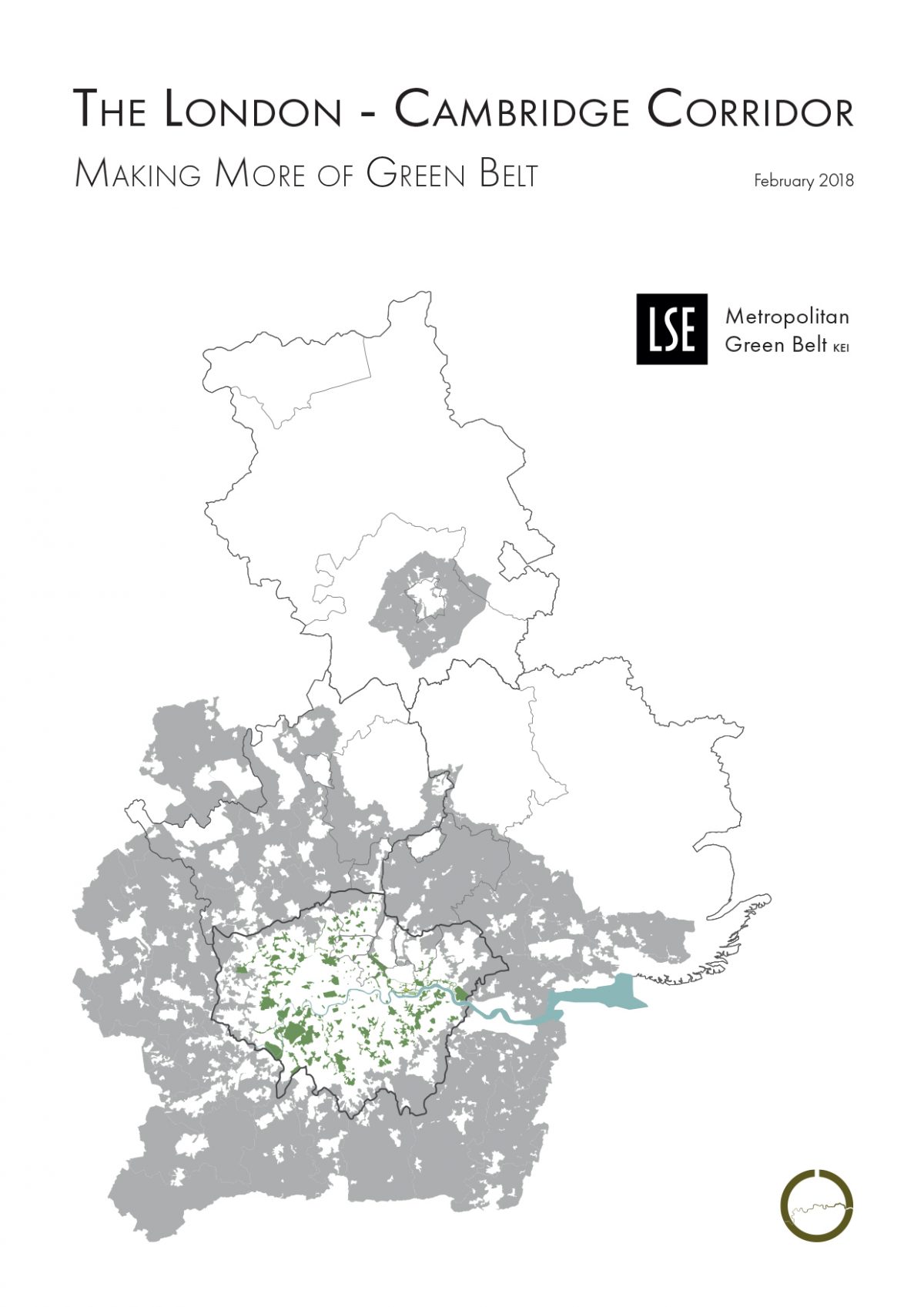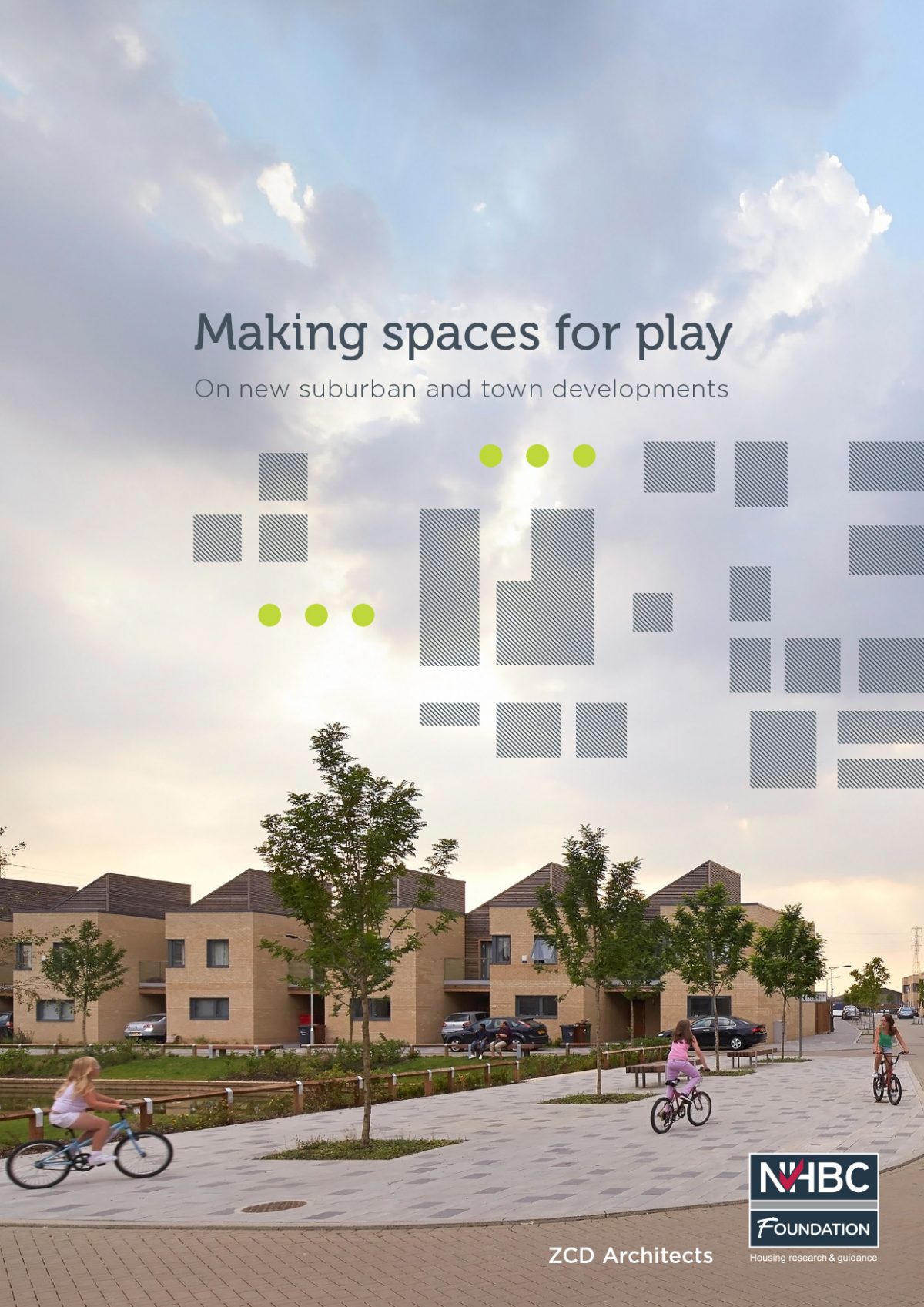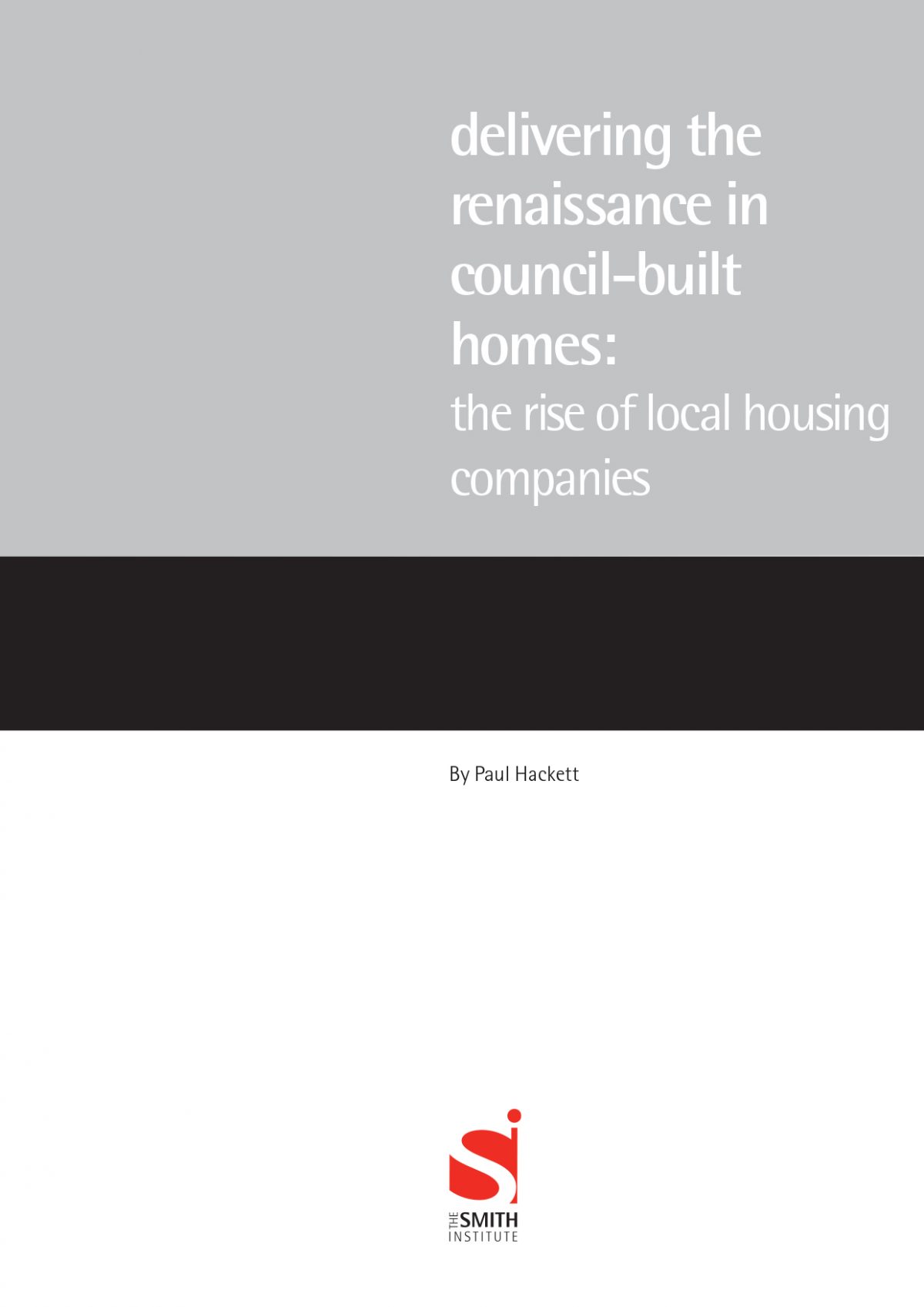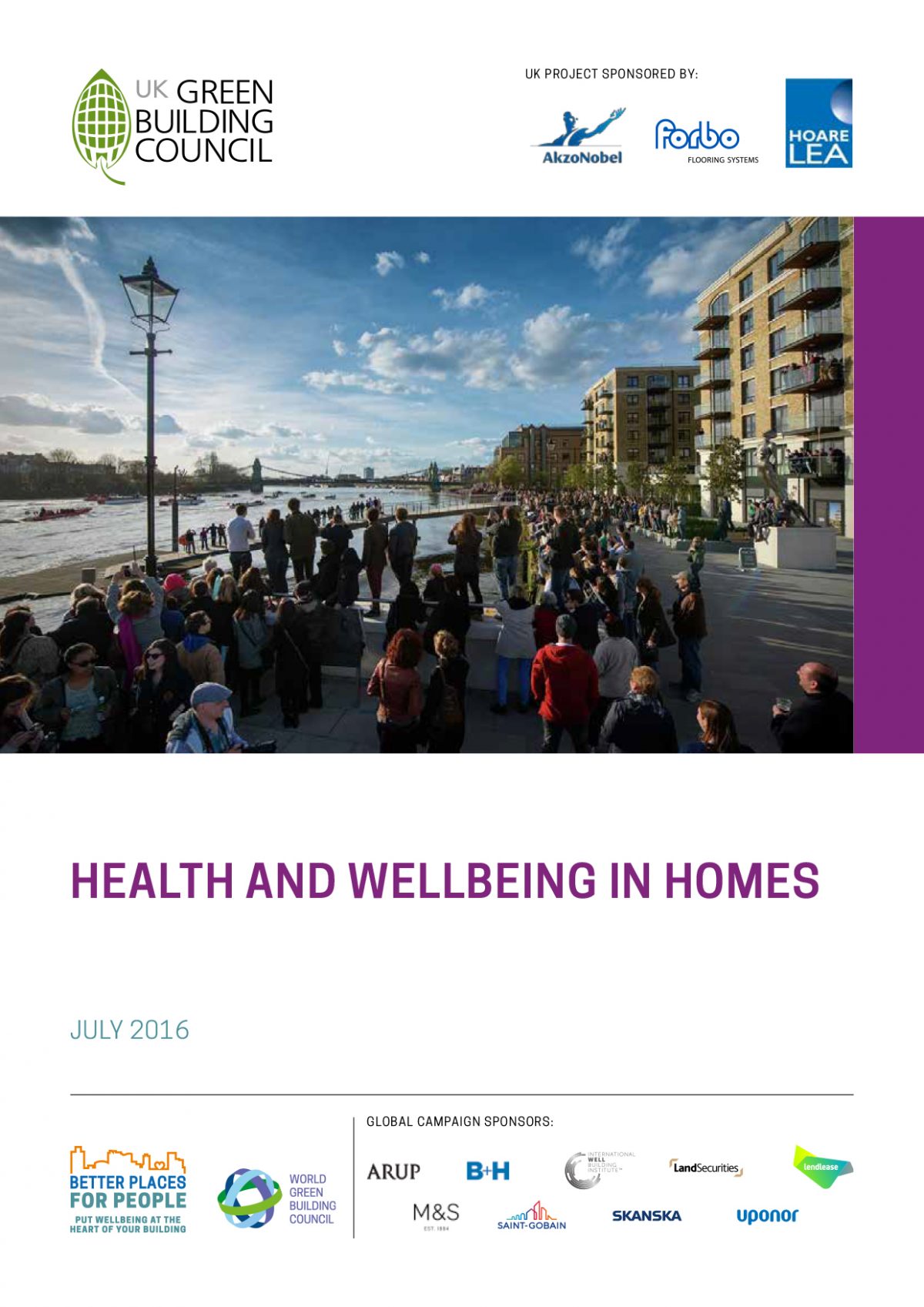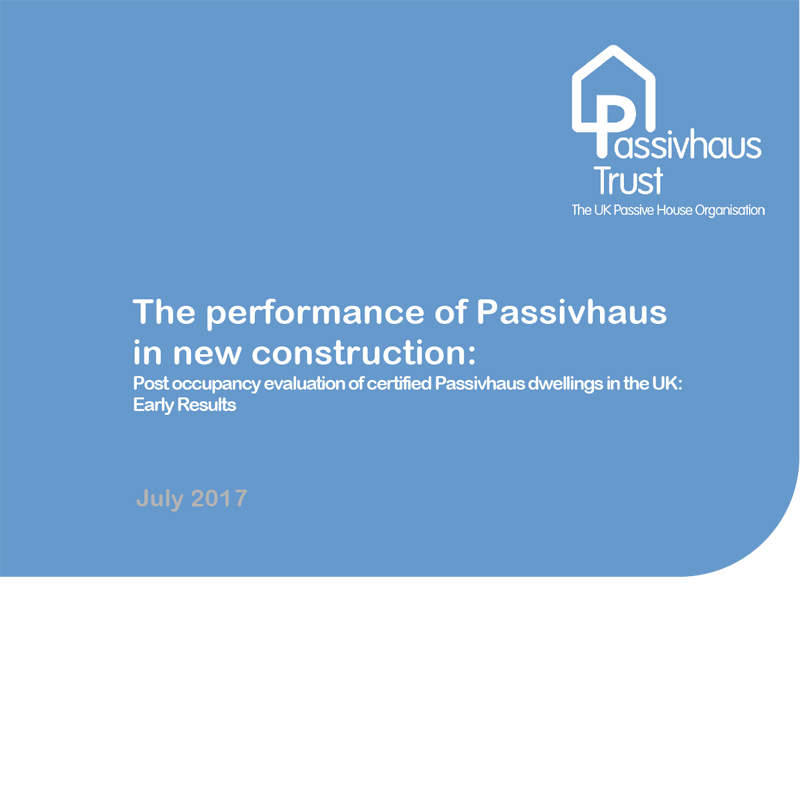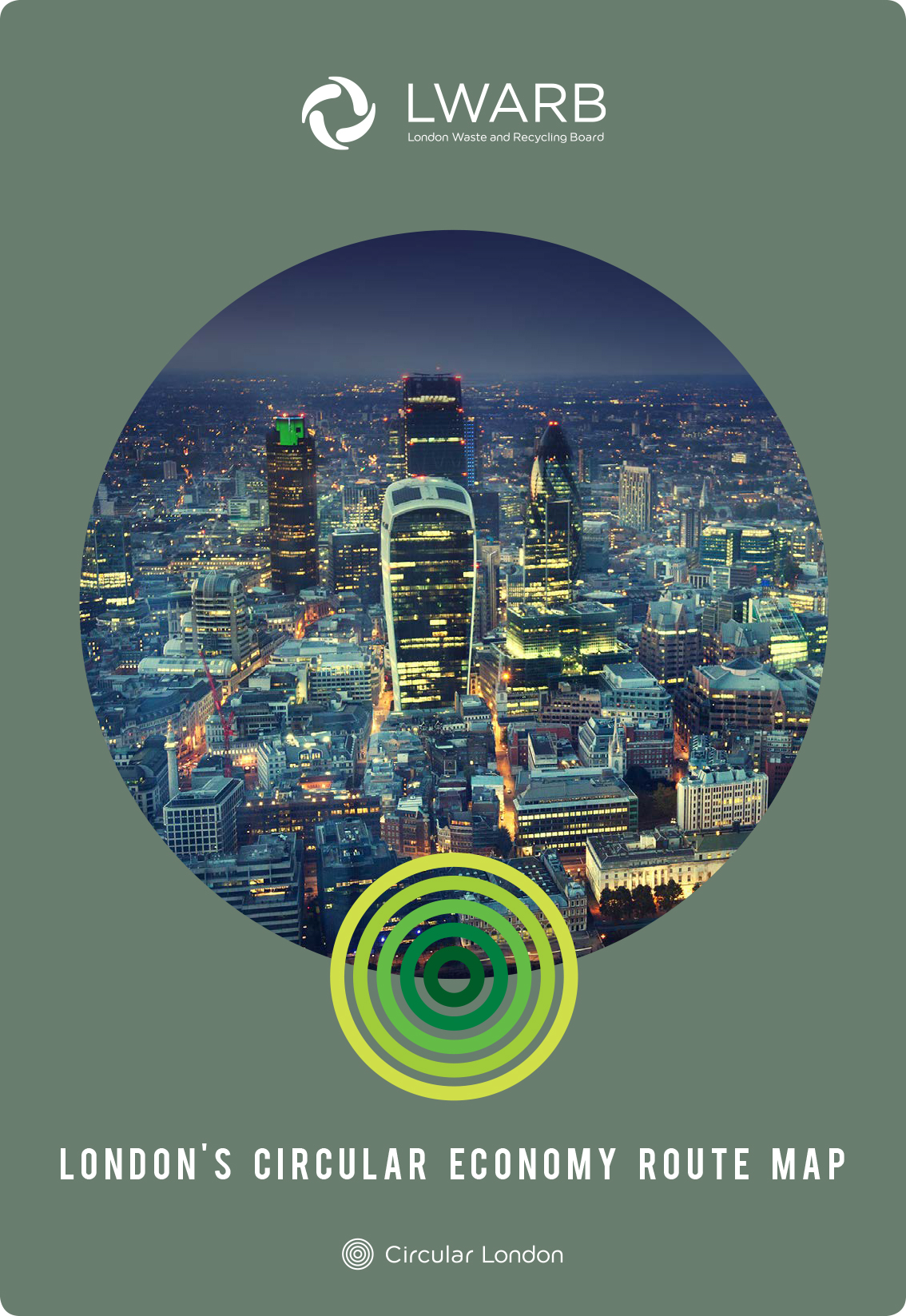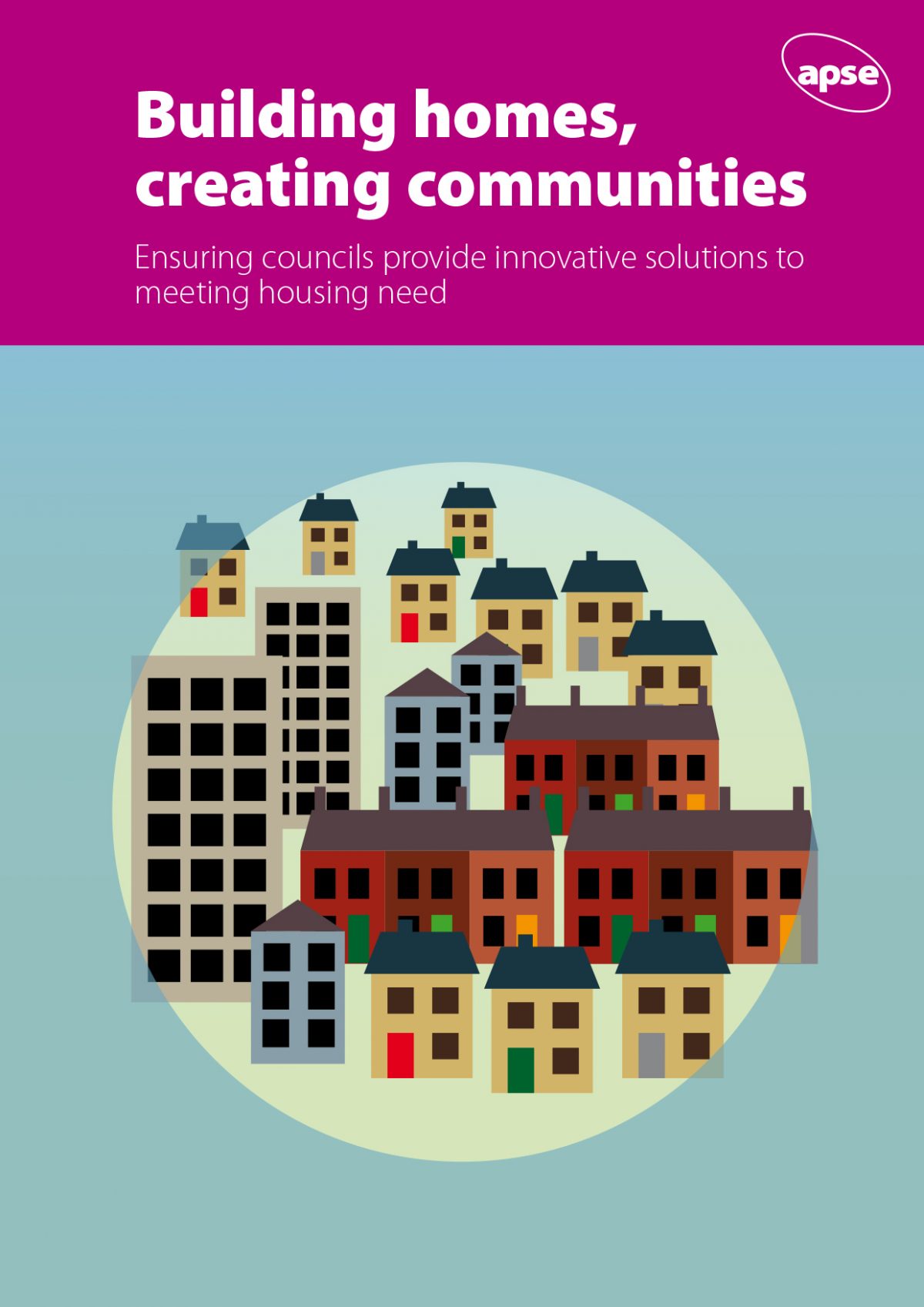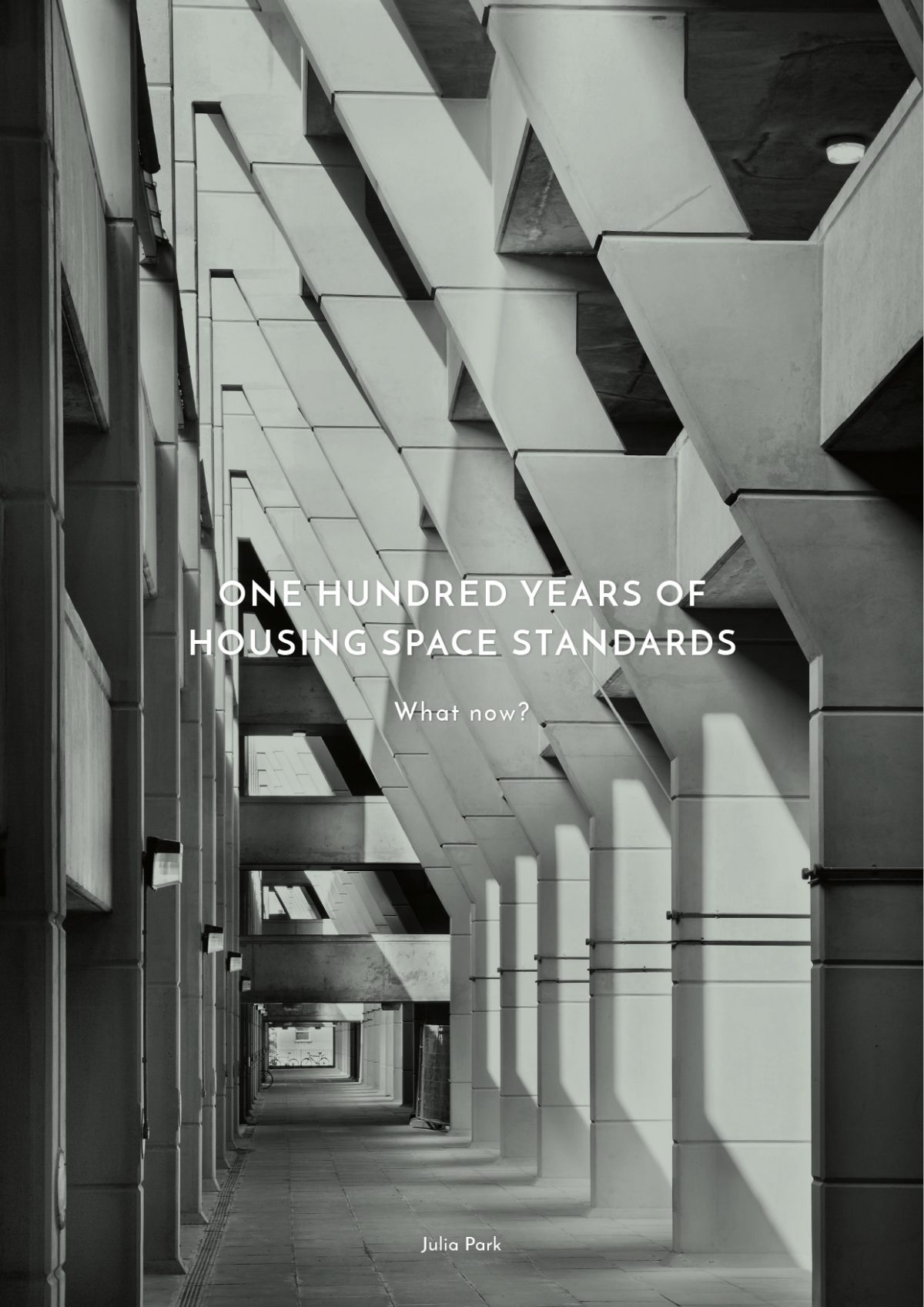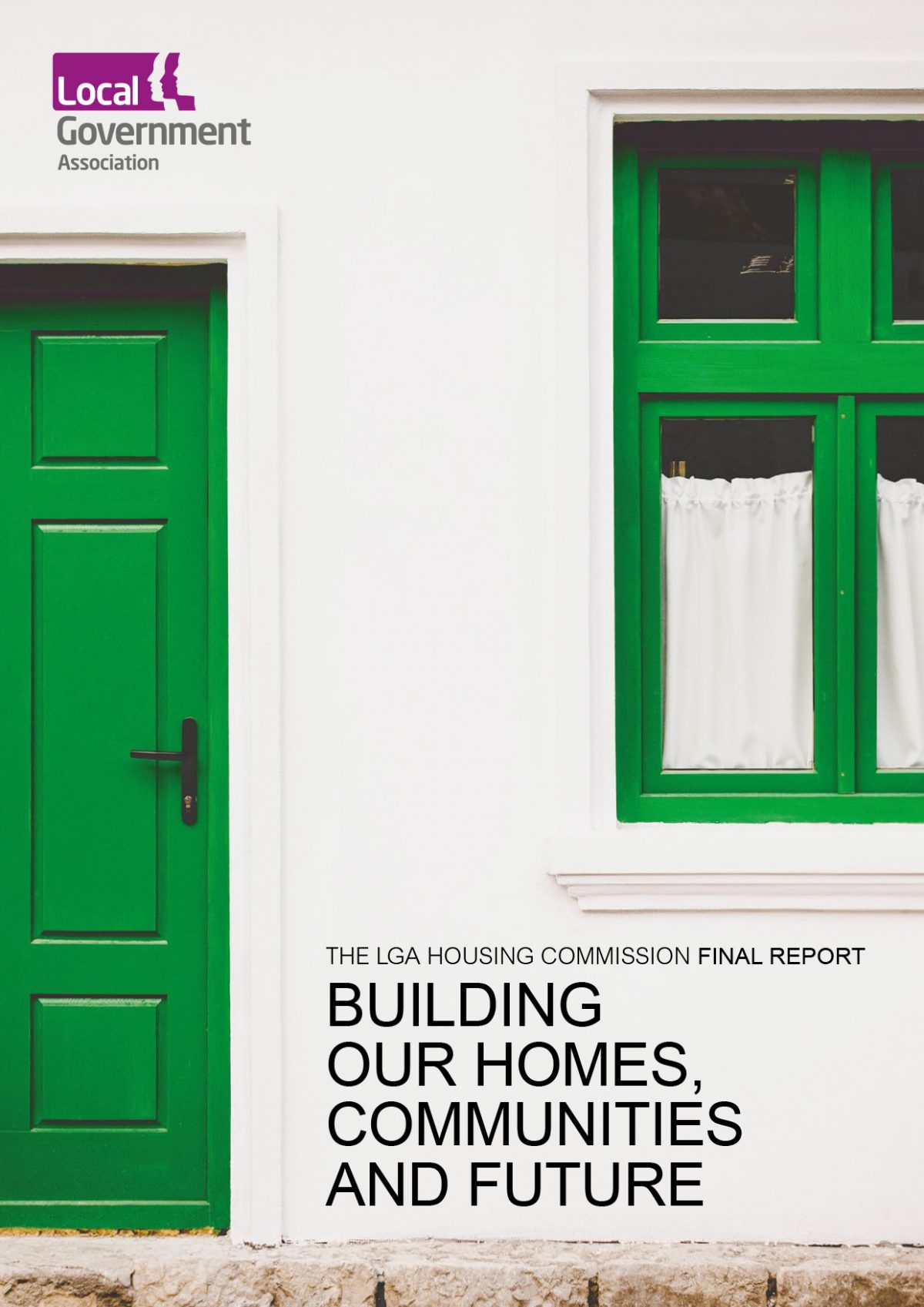A positive, proactive and responsive planning system focused on shaping places is vital for the future growth of our society. Where it works well, it is one of the best tools that we have to deliver the homes and jobs where they are needed, in our villages, towns and cities.
It also ensures that the emphasis on new development is set within wider local strategies for improving health, creating jobs and boosting educational attainment, and enabling social cohesion.
But the planning system cannot achieve this all by itself. It also needs developers, councils and local communities to work together to create effective partnerships. The earlier in the planning process these relationships are built and nurtured, the more likely that greater positive outcomes will be achieved for local communities when new development comes forward.
The LGA hope the case studies included in this publication provide inspiration to all those with a shared interest in ensuring that the aspirations and needs of people and communities are at the centre of our collective efforts to deliver new, high quality development.
Author: Local Government Association
Publication date: February 2018

